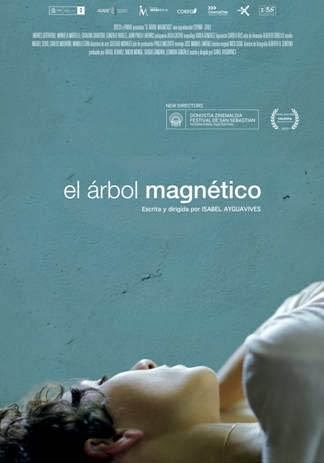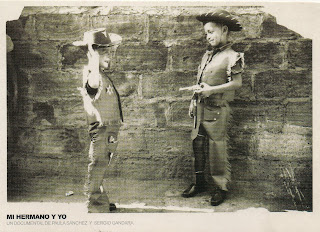
Bruno
returns to his country after years of absence. The cottage that he shared
with his family in his childhood, is now for sale and all the
family meet there to say good bye to the place. The visit to the
magnetic tree,
a local curiosity with stranges properties, will awake on him feelings
and
affections almost forgotten.












